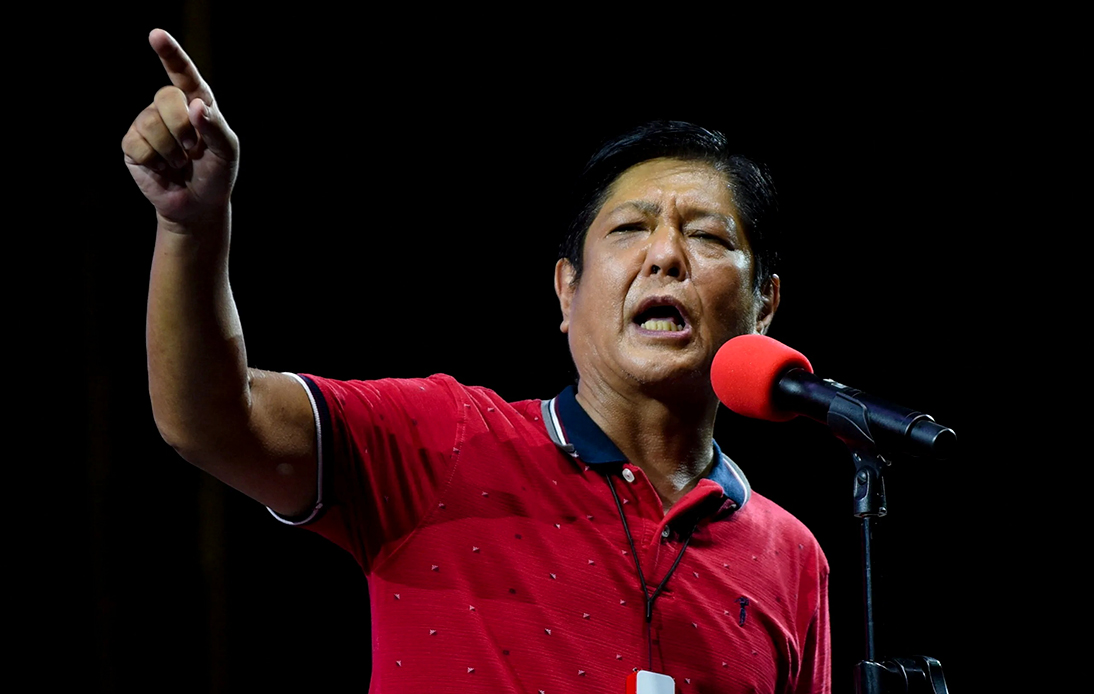
Millions of Filipinos have queued outside polling stations to choose a new president, with former dictator’s son Ferdinand “Bongbong” Marcos Jr tipping to win the election.
Over 36 years after the nation’s former patriarch was ousted by a people’s revolt and the Marcos family persecuted into exile, polls suggest that Mr. Marcos Jr could make an unforgettable comeback on the Philippine political stage and reclaim power.
While his main rival Leni Robredo, the incumbent vice president, is the only other candidate who could come close to a victory, the latest reports showed that Mr. Marcos Jr remains ahead with a 30% lead. Also, polls in recent weeks suggested that Mr. Marcos jr could get more than half of the votes, becoming the first candidate since his father’s ouster to win an outright majority.
Eurasia Group analyst Peter Mumford said the former dictator’s son has a 75% chance of winning but stated that potential complacency among his supporters could benefit Ms. Robredo at the polls. Other specialists said that a low turnout could favor the incumbent vice president.
Meanwhile, there has been a high turnout in the Philippines, a country with 67.5 million eligible voters, since polling stations opened at 6:00 a.m. People formed long queues before dawn outside polling stations to cast their votes, media said.
Filipinos must choose one among ten candidates who aspire to win the presidency, including boxing champion and national hero Manny Pacquiao and Manila Mayor Isko Moreno.
The candidate who wins the presidential race must replace Rodrigo Duterte, a hard-line politician whose mandate has been condemned for a violent and brutal crackdown on crime and drugs.
Media reports said some voters at the Manila school had reported irregularities in the voting process. Some stated they had trouble feeding their papers into the counting machines, while others were asked to leave their votes with booth officials.
At a polling station with 25,000 voters in Makati, Metro Manila, three vote-counting machines have reportedly experienced problems. Also, Philippine Electoral Commissioner George Garcia said 1,867 machines had failed.
However, Mr. García later clarified that all the problems had been resolved. He added that “there will always be allegations of irregularities,” insisting that there have been no significant infractions so far and that reports of violence have been “minimal.”




















